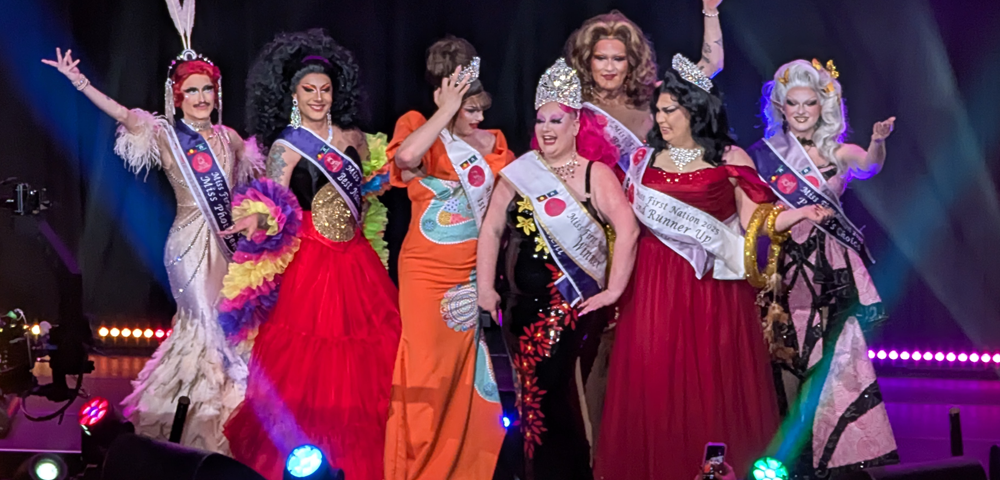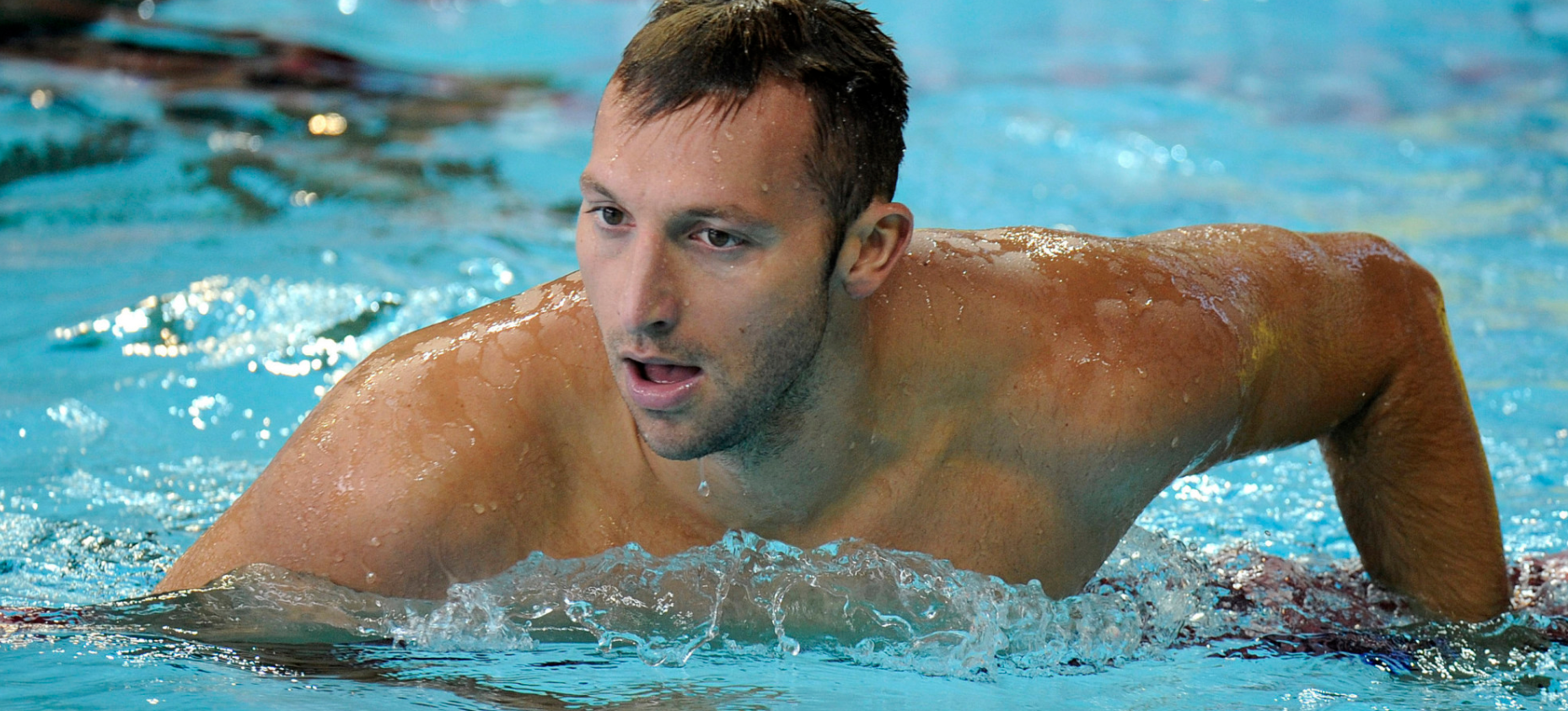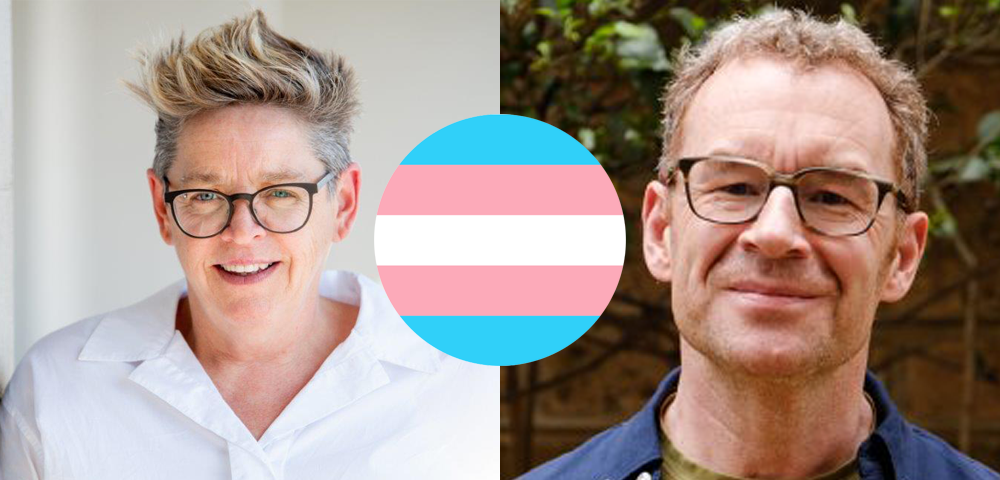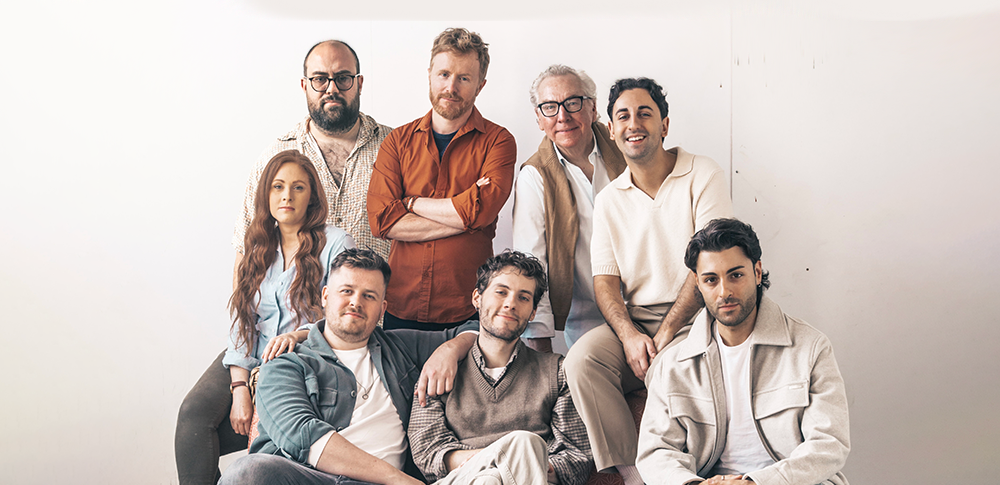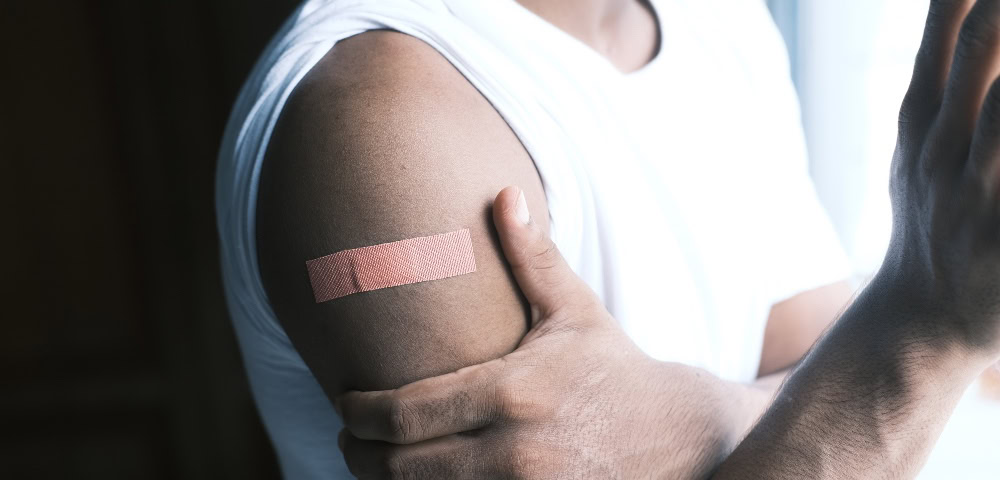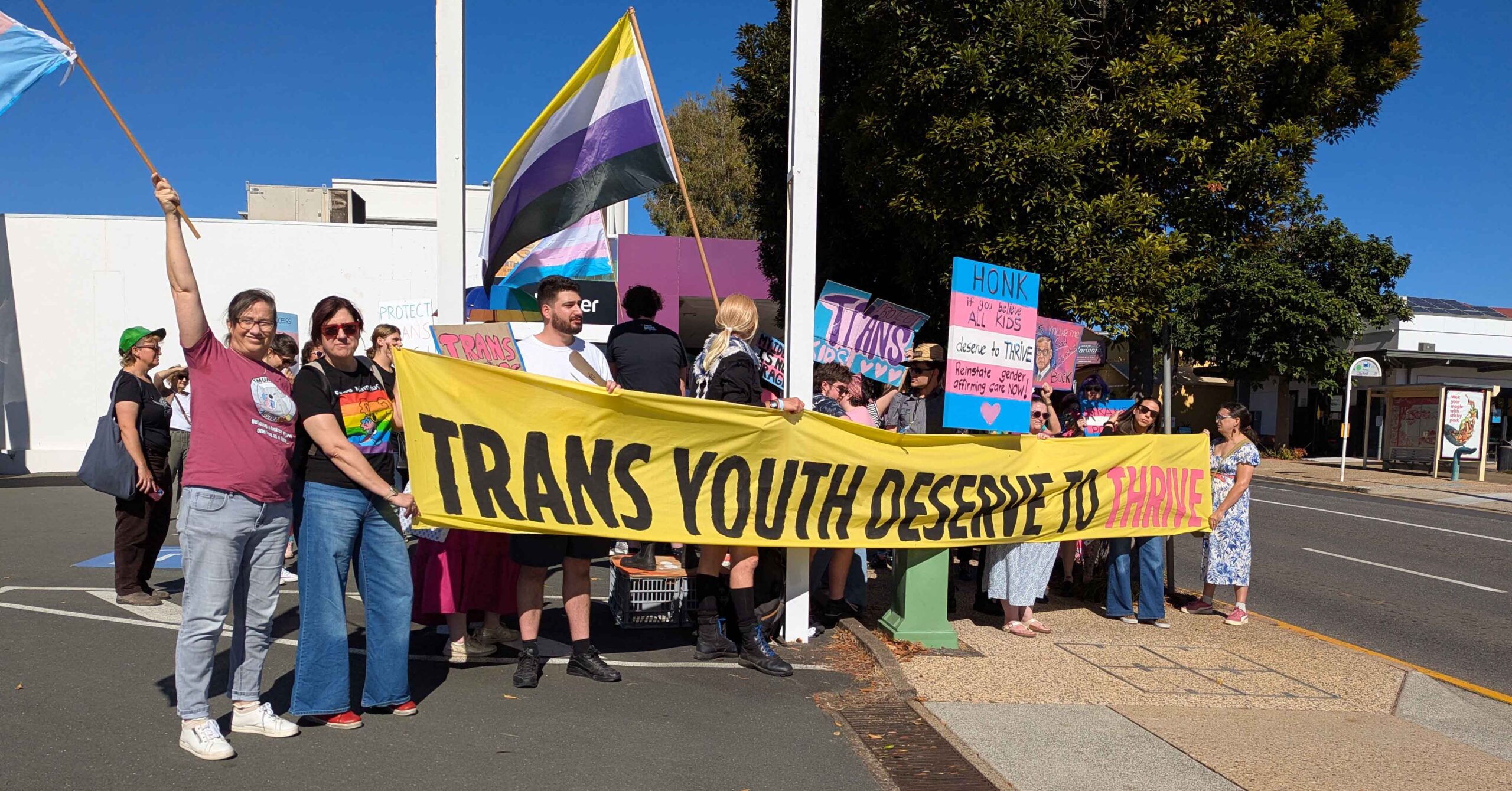
Anti-gay slurs and insults rife in Australian sport, new study finds

NEW research has revealed 85 per cent of gay, lesbian and bisexual people have witnessed or been victim to homophobic slurs or abuse either as a player or spectator of sport, exposing the extent to which homophobia has permeated the Australian sporting psyche.
Over 2500 Australians have so far taken part in the gay rugby Bingham Cup-led Out on the Fields survey, the preliminary findings of which comes just days after swimming great Ian Thorpe revealed his fear of coming out while still competing and Channel 7 sport commentator Brain Taylor called an AFL player a “big poofter”.
Victoria University’s Dr Caroline Symons, a researcher on the Out on the Fields study, said the results showed there was “still much to do to address homophobia and make sport more inclusive.”
Half of all gay, lesbian and bisexual people had been the target of homophobia in sport while 64 per cent said discrimination was more prevalent in team sports than in society in general.
Gay men were more likely to be experience direct homophobia in sport than women.
The most common form of discrimination was direct and pointed comments with 85 per cent of gay people hearing slurs such as “fag”, “dyke” and”‘poofter”. This was followed by discriminatory jokes and casual homophobia — for instance, supporters or fellow players saying “that’s so gay”.
“Indirect homophobia has a significant effect,” Symons told the Star Observer.
“And while it may not be intended to be harmful it’s that negative mirror that a lot of same sex attracted youth grow up with.”
Only four years ago the Come Out to Play study found 42 per cent of people had experienced verbal homophobia, far less than the 85 per cent found in the latest research.
Symons noted the 2010 research was limited to Victoria while the latest data may have included more people who take part in team sports.
The research also revealed one-in-four straight men have been the victim of homophobic abuse which Symons put down to the pressure to conform to gender norms.
“If men don’t perform well [in sport] they are seen as weak or feminine which also means sexism is creeping in too,” she said.
David Whittaker, the president of the Sydney Convicts rugby club who are the host team and defending champions of next month’s Bingham Cup, said the results were “eye-opening”.
“They also confirm what we have been hearing from our players for the last 10 years,” he said.
“Many of our players left their club or sport because of a culture where homophobic comments and behaviour are tolerated and commonplace.
“These players join teams like the Convicts to play a sport they love without worrying whether they will be accepted for their sexuality.”
Martin Tebbutt, who plays for gay rugby team the Brisbane Hustlers said he stopped playing sport and battled depression due to the homophobia of previous team members.
“Homophobic language and humour is so common in male sports that I felt if I came out of the closet I would be identified as ‘soft’ or ‘a fairy’,” he said.
“Everything changed once I started being honest about my sexuality with myself and others.”
Bingham Cup organisers have been driving force behind the recent Anti-Homophobia and Inclusion Framework signed by all five of Australia’s major sporting codes.
The Out on the Fields study remains open with the full findings expected in October.




